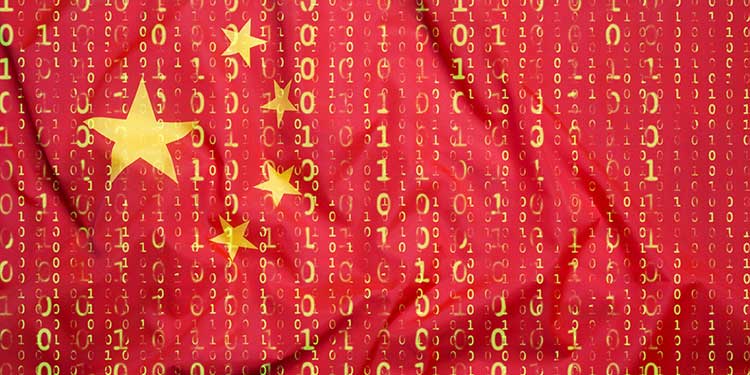
Chinese Trolls Show That Information Can’t Be Stopped, Nor Should It Be
Emilio Iasiello, 14 June 2021
 Beijing has been engaged in a battle for public opinion for several years, aggressively promoting a positive vision of China to counter criticisms for its involvement in human rights violations, intellectual property theft, currency manipulation, its engagement with Taiwan and the South China Sea disputes, and its suspected involvement in the COVID-19 outbreak. In 2017, senior Party leaders acknowledged that “the main battlefield for public opinion” occurs on the extensive borderless Internet where people receive their news, express their thoughts, and promote and argue their political and ideological viewpoints. Beijing understands how the Internet is essential in disseminating China-friendly narratives, while at the same time deflecting criticisms and reassigning blame. In essence, it is how Beijing seeks to preserve its image while tarnishing those of others.
Beijing has been engaged in a battle for public opinion for several years, aggressively promoting a positive vision of China to counter criticisms for its involvement in human rights violations, intellectual property theft, currency manipulation, its engagement with Taiwan and the South China Sea disputes, and its suspected involvement in the COVID-19 outbreak. In 2017, senior Party leaders acknowledged that “the main battlefield for public opinion” occurs on the extensive borderless Internet where people receive their news, express their thoughts, and promote and argue their political and ideological viewpoints. Beijing understands how the Internet is essential in disseminating China-friendly narratives, while at the same time deflecting criticisms and reassigning blame. In essence, it is how Beijing seeks to preserve its image while tarnishing those of others.
China’s emergence as a cyber power is rooted in its understanding of the importance of information as a political, social, and economic tool. In an information age, being able to create, control, and disseminate information and how it is used and delivered puts a government ahead of its competitors. In step with this belief, Beijing has been actively involved in asserting itself in all facets of the cyber domain trying to influence everything from global norms for state conduct in cyberspace, to Internet governance, to promoting state cyber sovereignty, and trying to dominate global 5G implementation. Beijing observed how potent social media and online activity played in influencing audiences in the 2016 and 2020 U.S. presidential elections as politically and socially charged issues sowed discord. It was evident that tactical and strategic goals could be achieved with an organized online cadre taking guidance from leadership.
Beijing has a long history of conducting psychological operations meant to target audiences and address what it terms “requirements for the international struggle” – a broad phrase that encompasses political, military, economic, and cultural challenges. Per one think tank focusing on Chinese affairs, the Chinese Communist Party engaged in public opinion management throughout 2000s, with 2015 being a key milestone when the government mandated that Chinese universities recruit network commentators it termed “network civilization volunteers.” Fast forward to today, and the number of these full and part-time network civilization volunteers is estimated at 20 million (a marked increase from previous 2017 estimates of two million) who serve to amplify online favorable views of China while deflecting criticism, and choking out negative perceptions.

